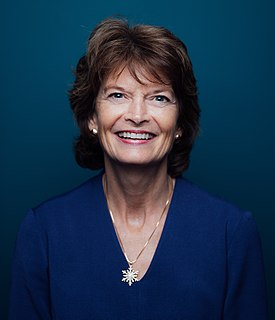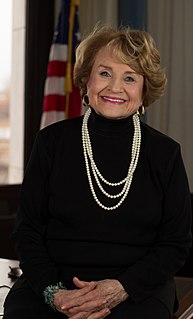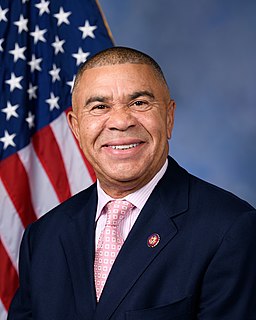A Quote by Rosa DeLauro
Expanding eligibility of family planning services to low-income women will maximize cost-savings to both federal and state governments, reduce the disparities in access to family planning services for low-income women, and decrease the incidence of abortion in the U.S
Related Quotes
From 2002-2008, Planned Parenthood received $342 million in federal taxpayer money through Title X funding alone. With these funds, Planned Parenthood has provided women throughout the U.S. with important family planning and contraceptive services as well as screening for breast and cervical cancers for low-income women.
UN studies conducted in more than forty developing countries show that the birth rate falls as women gain equality... I believe income-earning opportunities that empower poor women ... will have more impact on curbing population growth that the current system of "encouraging" family planning practices through intimidation tactics.. Family planning should be left to the family.
When women earn the money for the family, everyone in the family benefits. We also know that when women have an income, everyone wins because women dedicate 90% of the income to health, education, to food security, to the children, to the family, or to the community, so when women have an income, everybody wins.
So many state Republican governors and legislators are defunding Planned Parenthood and shutting down clinics that not only provide a safe abortion but HIV testing, cancer screenings, and so much else that women have every right to access, which is harder if you are unemployed or you are a low-income woman that's part of the real service that Planned Parenthood provides.































